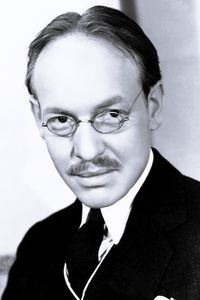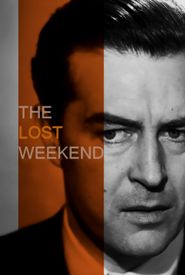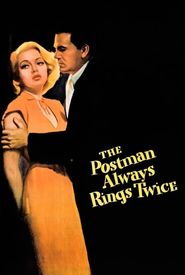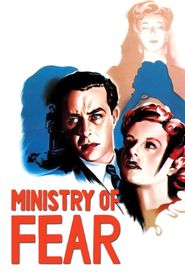Byron Foulger, a versatile and prolific character actor, began his journey in the world of theater, performing with community groups, stock companies, and repertory troupes after graduating from the University of Utah. It was during this time that he met his future wife, the talented actress Dorothy Adams, with whom he would share a nearly five-decade-long marriage that ended only with his passing.
Foulger made his Broadway debut in 1920, starring alongside Moroni Olsen in a production of "Medea." He went on to appear in several more Olsen productions, including "The Trial of Joan of Arc," "Mr. Faust," and "Candida." During his time touring the country with Olsen's stock company, Foulger had the opportunity to act and direct at the prestigious Pasadena Playhouse, eventually deciding to settle in Los Angeles with his wife.
The couple attempted to make a name for themselves in Hollywood during the 1930s and 1940s, appearing in numerous film roles, often unbilled and in small parts. Foulger's unique physical appearance, which included his short stature and squinty stare, allowed him to portray a wide range of characters, from humble and meek to shady and sinister.
In the 1940s, Foulger became a member of Preston Sturges' company of players, appearing in five of the director's classic films, including "The Great McGinty," "Sullivan's Travels," "The Palm Beach Story," "The Miracle of Morgan's Creek," and "The Great Moment." Although he often played roles such as storekeepers, morticians, and professors, Foulger was particularly skilled at portraying weaselly, mealy-mouthed, and whining characters who ultimately showed their true colors by the film's end.
As television became a prominent medium in the 1950s and 1960s, Foulger transitioned to TV roles, showcasing his comedic side in many rural sitcoms. His final regular TV role was as train conductor Wendell Gibbs in the final years of the popular sitcom "Petticoat Junction." Tragically, Foulger passed away on April 4, 1970, the same day the final episode of "Petticoat Junction" was broadcast.



























































































































































































































































































































































